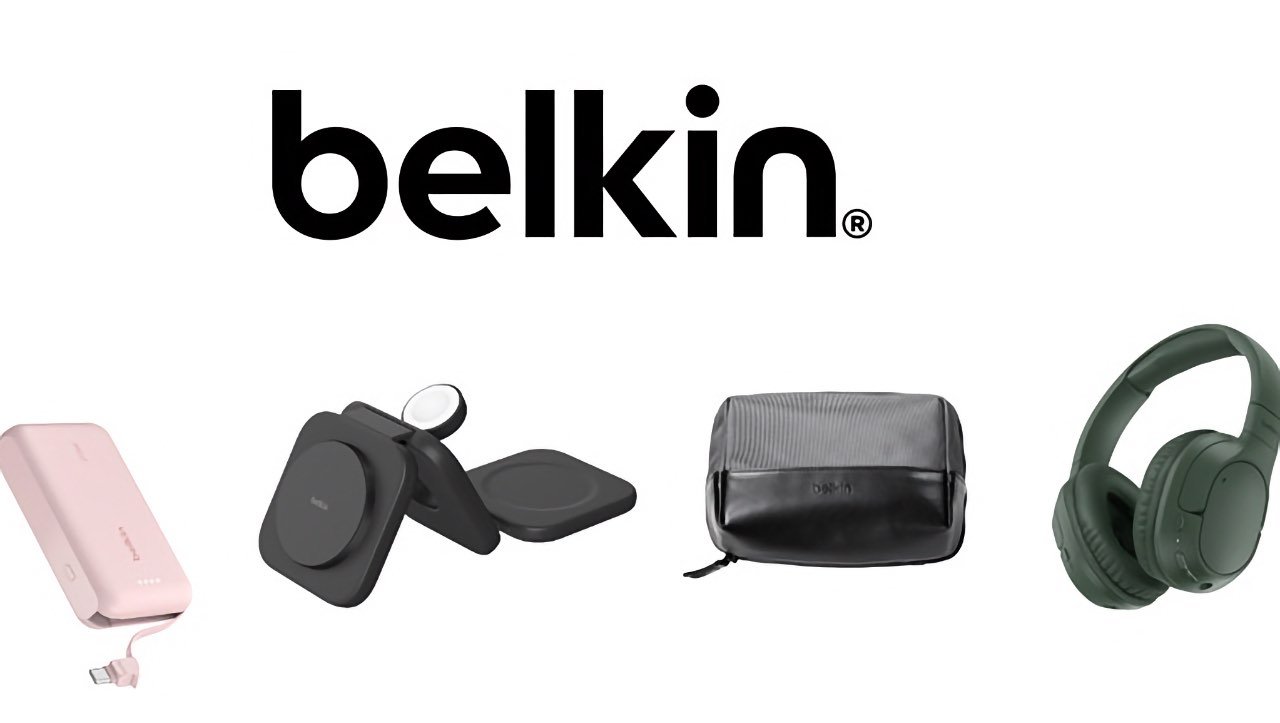In a move that has ignited privacy concerns and ethical debates, marketing giant Cox Media Group (CMG) recently unveiled its new “Active Listening” technology. The technology, as described in a now-deleted blog post, aims to analyze microphone data from smartphones and smart speakers to capture “pre-purchase conversations.” This data would then be processed by AI algorithms to identify relevant keywords and phrases, potentially enabling advertisers to target individuals with ads based on their whispered desires and intentions.
Key Highlights:
- Marketing company Cox Media Group (CMG) boasts new “Active Listening” technology.
- Claims to analyze microphone data from phones and smart speakers for “pre-purchase conversations.”
- AI flags relevant phrases, potentially enabling targeted ads based on whispered intentions.
- Privacy experts and tech giants raise concerns about ethical implications and data security.
- Future of voice-based advertising remains uncertain amidst consumer backlash and potential regulations.

While CMG frames Active Listening as a tool for “hyper-relevant” advertising, the revelation has triggered widespread unease. Privacy experts and tech giants alike have voiced concerns about the technology’s potential violation of user privacy and the chilling effect it could have on candid conversations.
“The idea of constantly being monitored, even for whispers, is deeply unsettling,” stated Sarah Blake, a digital privacy advocate at the Electronic Frontier Foundation. “This technology raises serious questions about consent, data security, and the potential for misuse. Consumers deserve transparency and control over how their personal information is collected and used.”
Tech giants like Apple and Google have also expressed reservations. Apple, known for its stringent privacy policies, quickly issued a statement clarifying that apps on its devices are not permitted to access or record user audio without explicit consent. Google, while not directly addressing CMG’s technology, highlighted its own commitment to user privacy in its voice assistant products.
The controversy surrounding Active Listening extends beyond privacy concerns. Some experts argue that the technology could exacerbate existing inequalities and target marginalized communities with predatory advertising. Additionally, the potential for manipulation and bias within AI algorithms raises concerns about unfair targeting and the spread of misinformation.
CMG, facing mounting criticism, has since removed the blog post and issued a statement downplaying the capabilities of Active Listening. However, the damage to consumer trust and the broader discussion on ethics in voice-based advertising appear to be irreversible.
The future of voice-based advertising remains uncertain. While the technology holds immense potential for personalized experiences, concerns about privacy and ethical implications cannot be ignored. Regulatory bodies are likely to scrutinize technologies like Active Listening, and consumers will increasingly demand transparency and control over their data. Whether the industry can navigate these challenges and build trust with users remains to be seen.


















